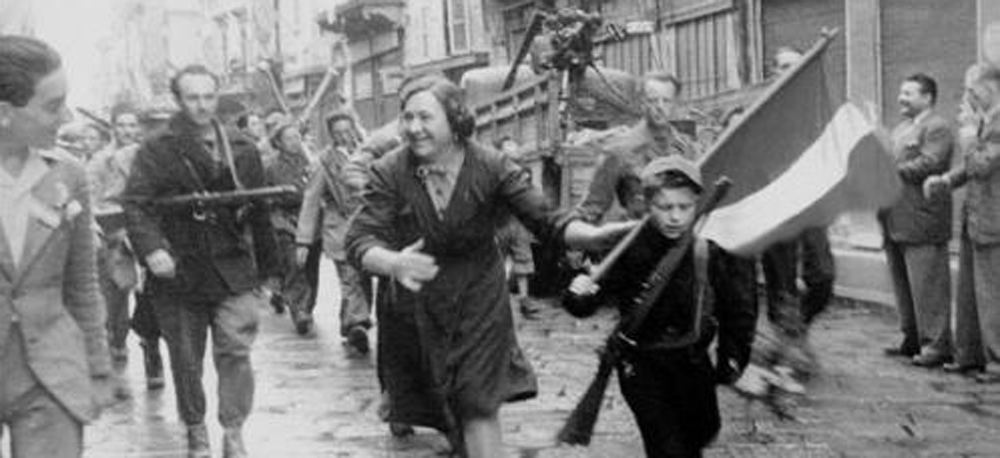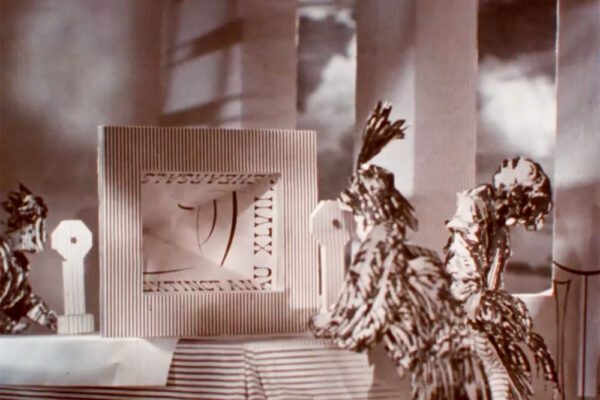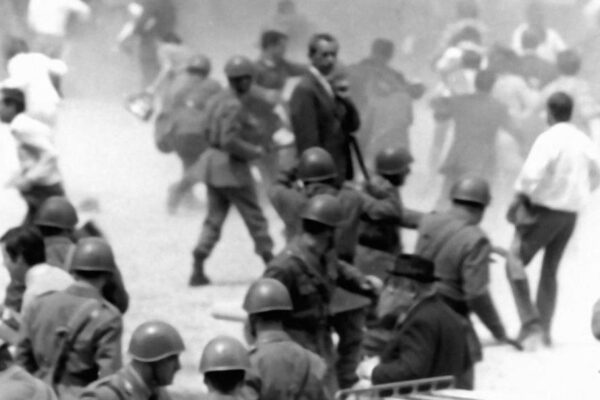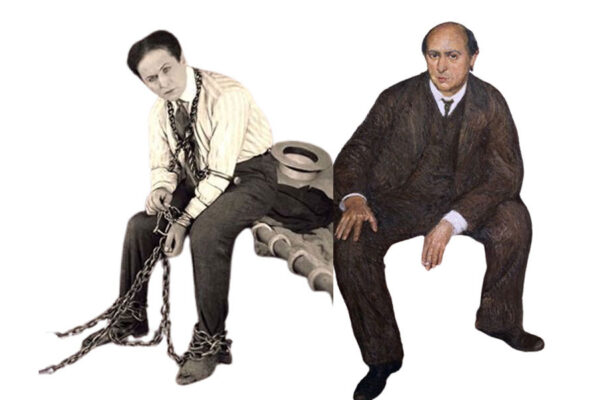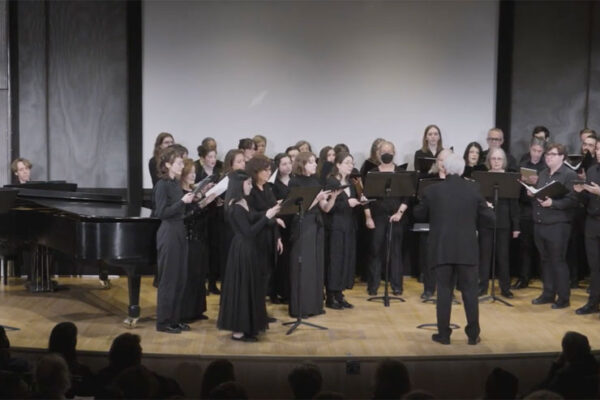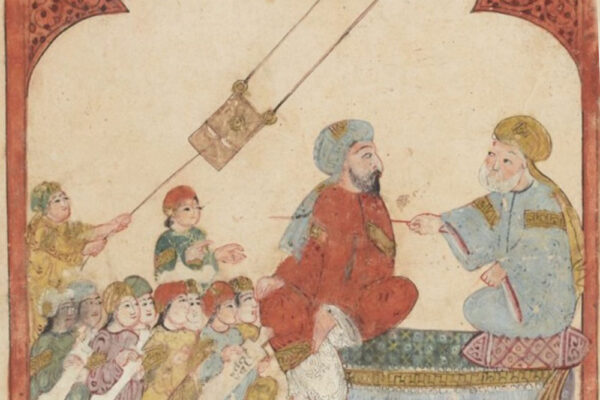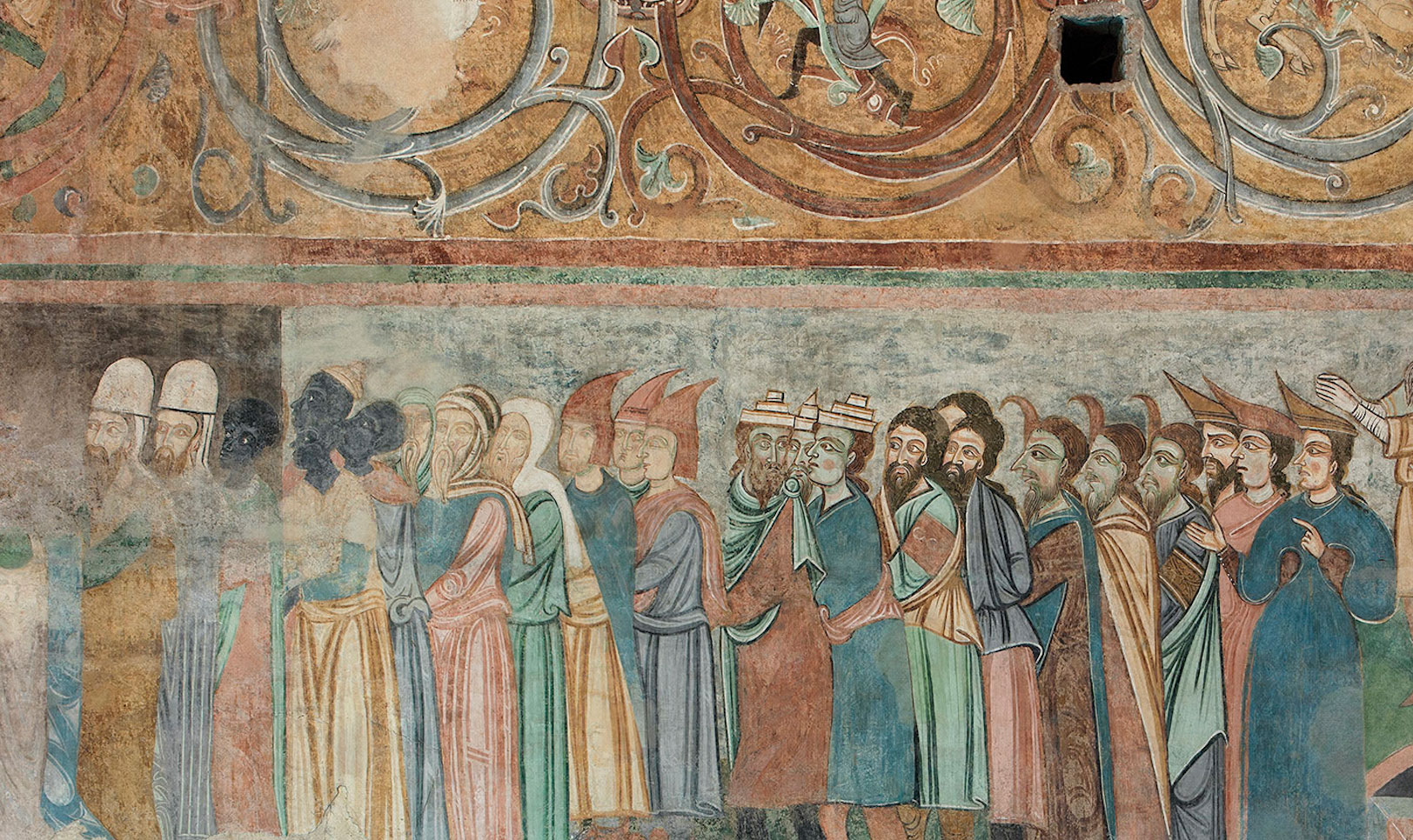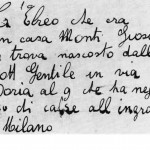The Day We Discovered a Fearless Italy
Segre’s groundbreaking work introduced formalist and structural theories into Italian literary criticism. In recognition of his international status, was elected President of the International Association for Semiotic Studies.
After graduating from University of Torino in 1950, where he had been a student of Benvenuto Terracini and Santorre Debenedetti, he became Professor of Romance Philology, teaching in Turin and at the Universities of Pavia and Trieste. Segre was also a visiting professor at the University of Manchester, University of Rio De Janeiro, Harvard, Princeton and UC Berkley. Among his many essays and critical studies: I segni e la critica (Einaudi, Turin 1969); Semiotics and Literary Criticism (Walter De Gruyter, 1973) Structures and Time : Narration, Poetry, Models (University of Chicago Press, 1979) Avviamento all’analisi del testo letterario (Einaudi, Turin 1985), Introduction to the Analysis of the Literary Text (Indiana University Press, 1988), Fuori del mondo. I modelli nella follia e nelle immagini dell’aldilà (Torino: Einaudi, 1990) Notizie dalla crisi. Dove va la critica letteraria?, Einaudi, Torino 1993, Tempo di bilanci. La fine del Novecento, Einaudi, Torino 2005, I segni e la critica. Fra strutturalismo e semiologia. Con una nuova introduzione, Einaudi, Torino 2008 (updated reprint with a new introduction), Dieci prove di fantasia, Einaudi, Torino 2010, Critica e critici (Torino: Einaudi, 2012), Opera critica (Milano: Mondadori, 2014). A bibliography of Cesare Segres works was published in 2009: Bibliografia degli scritti di Cesare Segre a cura di Alberto Conte (Firenze: Sismel). In 1999 he published an autobiography, Per curiosità. Una specie di autobiografia (Einaudi).
Unfortunately, age determines who remembers the facts or not. The newspapers and television broadcasts are full of April 25, but the debate regarding the meaning of this day in history, and the need to commemorate it, often leaves much to be desired, or, worse, used as an excuse. Most of the population, due to the date and place of birth, simply weren’t there, and thus did not experience it firsthand.
And so those of us who were there and experienced it firsthand feel different. A lack of knowledge and direct participation is apparent in the discussions that will inevitably take place.
April 25 marks the end of an absurd, long and bloody war; the collapse of a regime subservient to an even more criminal foreign regime; the end of fear, a fear that lasted for years; the conclusion of civilian massacres, of mass hangings, of arbitrary acts, of an unchecked power over life and death that was rendered raving mad by the threat of its impending defeat. It marked the end of terror.
In order to fully understand the meaning of April 25 it would help, for example, to have seen (as this author has) the German army, fleeing though the Susa Valley, in retreat toward Turin, slaughtering innocent bystanders at random; or to have seen the French troops in Algeria as they ponderously pulled out of the country. It would be helpful to have witnessed the sudden fraternity between people who embraced each other shouting words of happiness into the wind; it would be helpful to have seen them dance in the streets. It would be helpful to have suddenly come to realize that you could move freely without worry, that the invisible but harsh prison in which we were all enclosed no longer existed, and the world was open to everyone.
It was possible to pronounce the word “freedom”from which we had precluded ourselves because it seemed only a dream. Freedom and happiness were the same thing.
It took a war for everyone to understand what the regime represented, a regime that was highly skilled at cultivating consensus. It seemed like a harmless dictatorship. Right… harmless with its string of political assassinations (Matteotti, Rosselli, etc.)? Harmless with its ruthless war in Ethiopia, during the waning of colonialism? Harmless with its assault on democracy and with its aerial bombings on Spain? Harmless with its aggression against France, against Yugoslavia, against Greece, against Russia? Harmless, finally, in sending thousands of Jews to the ovens of Auschwitz?
It is tragic that people, in order to understand something, need to suffer firsthand. Otherwise they are limited to the particular, to their immediate interests, forcing themselves not to see and not to understand.
Today one tends to subtract truths and meaning from the battle waged by enlightened minorities against fascism at home, mobilizing and organizing themselves even in exile. And we like to debase, perhaps alluding to unfortunate isolated episodes, the work of the Italian Resistance –an extraordinary phenomenon that from the relics of an army, which had drifted away from its commanders, managed to assemble combat units that made things difficult for the German occupying forces and their Italian comrades.
Above all, it was a movement that defended the honor of the country, obfuscated by games of cat and mouse that confirmed our reputation of unreliability: the Allies themselves recognized the substantial assistance they received. Such spontaneous bellicosity, such a multiplicity of strategic initiatives that transformed many resistors into little Garibaldis has not been a frequent occurrence in the history of Italy.
The Partisan novels of Calvino, Fenoglio and Meneghello give a splendid representation of the phenomenon, with much self-irony but also a sense of adventure and a natural heroism. Nor has it been common to see the kind of collaboration that developed between groups of different classes; classes that had been plagued by antagonisms and misunderstandings, also because the agricultural and industrial workers, who had already been politicized, aligned themselves with ex-military factions; but, almost without exception, everybody came together under the freedom flag of the CLN.
Also novel, at least in modern times, was the alliance of combatants, citizens and even clergymen behind a common cause, given that the unities were often closely affiliated with the place of provenance of the Partisans. It was an army of considerable size, even larger if you added the liberation military corps that had formed in the shadow of the Allies and the massive number of people interned in Germany who renounced the great advantages offered to those who adhered to the collaborationist Republic of Salò.
And so it is opportune to consider April 25 as the true beginning of a new life for our country, which, in fact, shortly thereafter will democratically condemn the monarchy that had been an accomplice to Mussolini and will give itself a modern constitution. From this perspective, the distinction between those of us who rejoiced when the terror came to an end and the rest of the population no longer exists, given that we are all benefactors of the freedom that has been achieved. April 25 should be for us what July 14 is for the French, which, with the storming of the Bastille, represents symbolically the birth of a new France.
Now, we all possess our freedom. And everybody ought to cultivate a passion for liberty, being sensitive to even the slightest lesion in its integrity, because freedom can also be lost. Above all we must be careful not to entrust it to self-appointed caretakers: freedom is a good that belongs to each of us. Those who enjoy it must also have the responsibility to be its guardians.
Translation by Steve Baker
Published in Corriere della Sera, April 25, 2009

